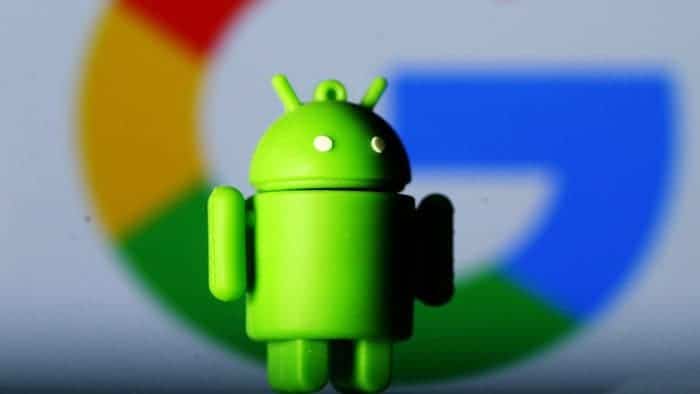Google’s upcoming system, Android 12 is still many weeks away from its official launch. However, there is already some information regarding this system. According to XDA-Developers, Google recently submitted a code change to the AOSP project. The codes suggest that Google Android 12 will come with an app hibernation feature. This feature seems to target the optimization of storage space.

Part of the code reads “system service that manages app hibernation state, a state apps can enter that means they are not being actively used and can be optimized for storage”.
The workability of this feature is not clear
It is not yet certain whether this function will automatically hibernate the application. According to reports, this function will compress the application into APK and related resource files for storage, so as to increase the storage space of the mobile phone. At the same time, there are reports that the first Android 12 development preview version will be available in more than a month.
There are many third-party application hibernation tools currently on the market. However, most of these tools require Android superuser permissions.
Android 12 will be much easier to update – can be updated via Play Store
With the popularity of the Google Play Store, it is quite easy for Android users to update apps. Because updating apps via the Play Store is technically a routine for some users, it feels like updating via the Play Store is even easier than the OTA updates. Google wants to give users an easier option for Android updates. Google launched “Project Mainline” to improve the way Android updates. In Android 12, the operating system update may be easier.

XDA’s luca020400, noticed that Google is converting Android Runtime (also known as ART) into a Mainline module, making it possible to push updates to key system components through the Play Store. ART compiles the bytecode of Android applications into native machine instructions. If Google wants to change the way that Android 12 (and future versions) compiles code, it can be adjusted at any time instead of relying on traditional operating system updates. Users don’t have to wait weeks or months for feature improvements or security fixes.
This may have a real impact on the devices and applications you use, even if it’s not necessarily better. XDA believes that Google can provide more consistency to applications. To do this, it will have to work on ART to behave the same way on all Android devices. However, this will also take away some of the customization features that device manufacturers have been using. If they adjust ART for performance or flexibility, you may lose these privileges. Also, this will greatly reduce phone manufacturers’ control on updates. Whether this is a good thing or not is a topic for another day.
We will keep a tab on the development of Android 12 and let you know when we have interesting information.





